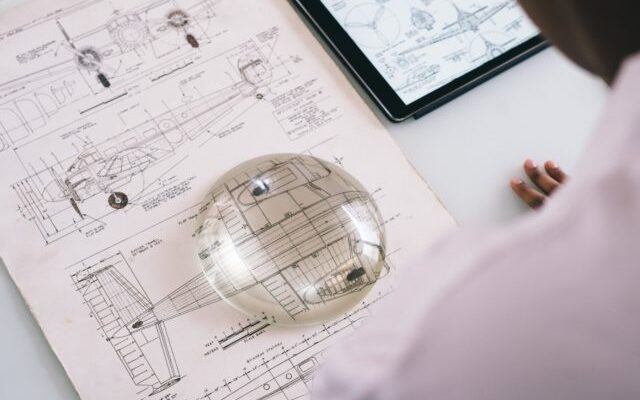Scientific translation is probably one of the most complex. As you can imagine, it is not only the actual words that must be taken into account, but also the specific meaning that these terms have in scientific language.
And so, translation in science has little to do with the more literary or colloquial translation you may be used to. That is why, in this article, we wish to convey the importance of having professional translators when it comes to scientific-technical translations.
What are the main challenges of scientific and technical translation?
These documents have three very important characteristics. We discuss them below:
1. One-to-one correspondence
The first of the problems you will face is the myth of biunivocal terminology. This means that each term is translated in only one way (one-to-one correspondence between terms), and there is no further complexity behind it. Or, in other words, mistakenly thinking that a word always has the same meaning.
Now, you may be wondering how do we translate these terms. The answer is not exact: it depends on the context. Therefore, it is important to also know about science and understand fairly precise aspects of the subject matter being translated.
2. Precise interferences in a science translation
The second challenge we want to mention is precise interference. We have assimilated expressions in Latin or terms from other older languages into all kinds of languages. Therefore, don’t be afraid to use the terminology of the source language from time to time. This will also allow the scientists themselves to understand the text based on the context.
3. Simplicity and extreme accuracy
Finally, we would like to mention the importance of accuracy in scientific texts, where, through words, precision and simplicity are required. This may seem complicated when referring to unusual terms in the language. And, precisely because of this, it is quite difficult to get a scientific translation that is both fresh and has all the accuracy you need.
In this sense, to achieve a fresh and accurate language, it is important to take into account synonyms, grammatical constructions (which should be simplified as much as possible), subordinate clauses, the type of register we want to use and whether or not to use abbreviations. This can be compromised if we consider our classic false friends.
In short, as you have seen, scientific translation is much more complex than it might seem. So, if you want to make use of this service, we recommend that you contact experts who have the skills to deliver a quality translation. Keep in mind that it has to be understandable and not have any mistakes related to the subject matter. We encourage you to consult our professional translation services. If you have any questions, don’t hesitate to contact us. We’ll be happy to answer them at blarlo.






